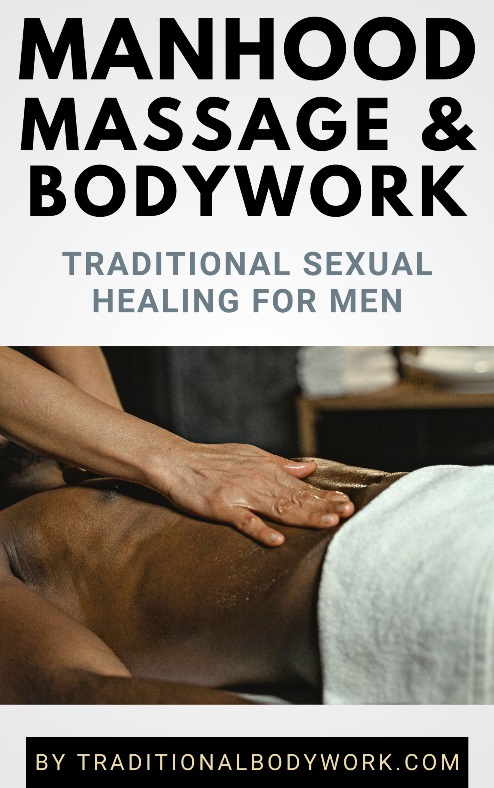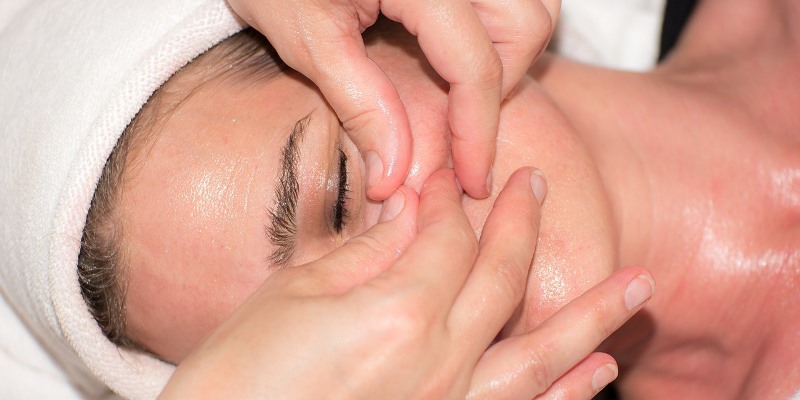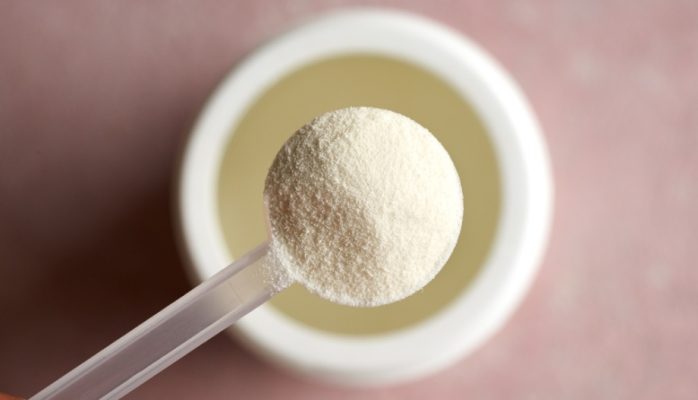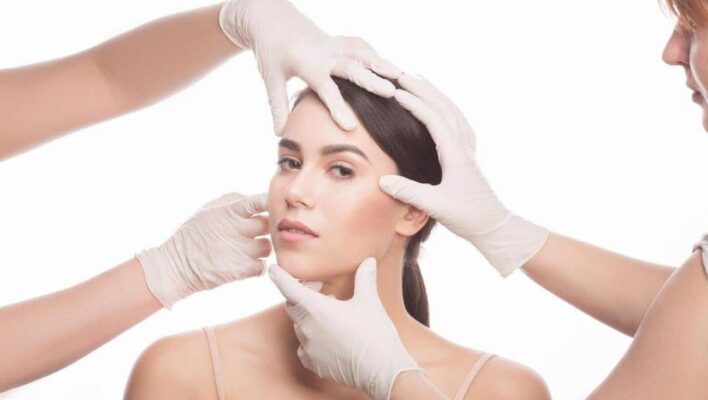
Besides acting as a barrier, your skin is a storyteller. Sometimes, what it’s trying to say is more important than you think.
From those stubborn rashes that won’t quit to that non-healing skin ulcer you’ve been brushing off, your skin might be trying to tell you something bigger.
We’re quick to slap on a cream and hope for the best. The truth is, your skin could be waving a big, red flag about what’s going on inside.
Let’s take a look at what it might be trying to tell you, and why listening could change more than your complexion.
The Mirror to Your Health
Your skin is the largest organ in your body and is incredibly sensitive to changes in your overall health.
According to the American Academy of Dermatology, changes in texture, color, or healing time can be early warning signs of other health issues.
Chronic conditions like eczema, psoriasis, or acne may not be “skin deep.” Pedes Orange County warns that dry, itchy skin can signal underlying problems such as diabetes.
These issues are your body’s SOS signal.
Common Chronic Skin Issues and What They Might Mean
Persistent Dryness and Flaking
If you feel like you’re constantly shedding like a snow globe, your body might be low on hydration or essential fatty acids. Dry skin can also point to more serious issues like hypothyroidism or chronic kidney disease.
Recurring Rashes or Itchy Patches
Chronic inflammation on the skin could be more than eczema. It may relate to gut health, allergies, or even autoimmune disorders. Healthline explains that inflammatory skin conditions are connected to immune responses and could worsen with stress or dietary triggers.
Acne in Unusual Areas
While we associate acne with teenagers, adult-onset acne, particularly around the jawline, is tied to hormonal imbalances. Think PCOS, insulin resistance, or adrenal fatigue.
Yellowing or Discoloration
Skin discoloration may point to liver issues or anemia. Health notes that paleness or changes in color around your hands or lips could also indicate circulation problems or respiratory concerns.
Non-Healing Wounds or Ulcers
A wound accompanied by severe pain that sticks around for weeks isn’t only annoying; it might be a sign of poor blood flow, diabetes, or a compromised immune system. Non-healing ulcers are common in the legs and feet and can delay the wound healing process.
The Holistic View: Everything’s Connected
In traditional and alternative medicine practices, such as traditional Chinese medicine or Ayurveda, chronic skin conditions are linked to imbalances in the body’s systems.
For instance, skin eruptions might be related to liver overload, emotional stress, or digestive disturbances.
Skin most often reflects internal disharmony. For example:
- Eczema may be a reflection of food sensitivities or stress.
- Acne could be related to gut health and detoxification pathways.
- Psoriasis might stem from immune dysfunction and inflammation.
It’s all interconnected. Your skin might be crying out for help, not lotion.
Lifestyle Factors That Could Be Holding You Back
Diet and Gut Health
Processed foods, sugar, and dehydration can wreak havoc on your skin. There’s increasing evidence that the gut-skin axis plays a major role in inflammation and breakouts. Probiotics and a nutrient-rich diet can help restore balance.
Stress and Emotional Triggers
Stress doesn’t live in your head; it shows up on your skin. Chronic tension can flare up conditions like psoriasis, hives, and eczema. Stress also suppresses your immune system, slowing down the healing process.
Environmental Factors and Beauty Products
Too many TikTok beauty hacks? Be careful. Healthline reports that DIY routines and overuse of trendy products can cause irritation, allergic reactions, and worsen chronic conditions.
When to Seek Help
Speak to a professional when dealing with:
- Unexplained rashes
- Skin infections or ulcers that won’t heal
- Sudden changes in pigmentation or texture
- Skin that bleeds, cracks, or oozes
A board-certified dermatologist or integrative health practitioner can help connect the dots between your skin and your internal health. Don’t tough it out or keep playing product roulette.
Listen to Your Skin
It’s easy to feel defeated when your skin seems like it’s constantly working against you. What if it’s telling you something vital about what’s happening inside?
Chronic wounds could be a sign of high blood pressure or peripheral artery disease. Your skin has a voice. And you deserve to listen. You’re not managing a condition, you’re learning a language. One that speaks from the surface but echoes from within.
Please also note that our guide does not substitute medical advice. Consult a qualified healthcare professional before starting a new skin treatment.



















 Find themed health, wellness, and adventure holidays around the world.
Find themed health, wellness, and adventure holidays around the world.